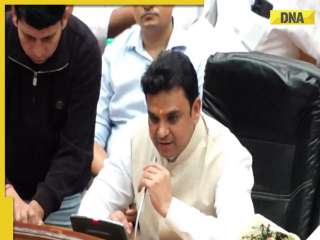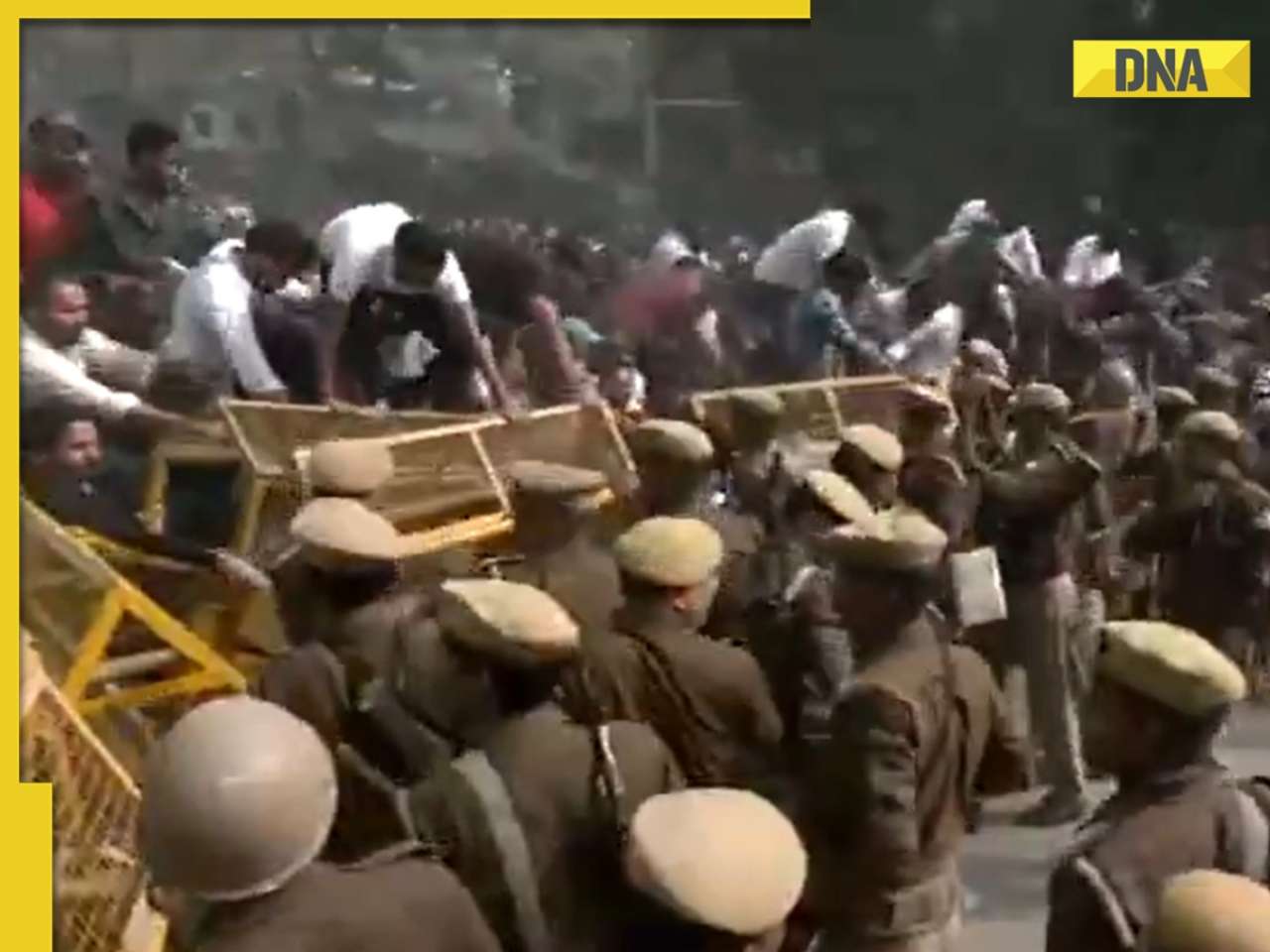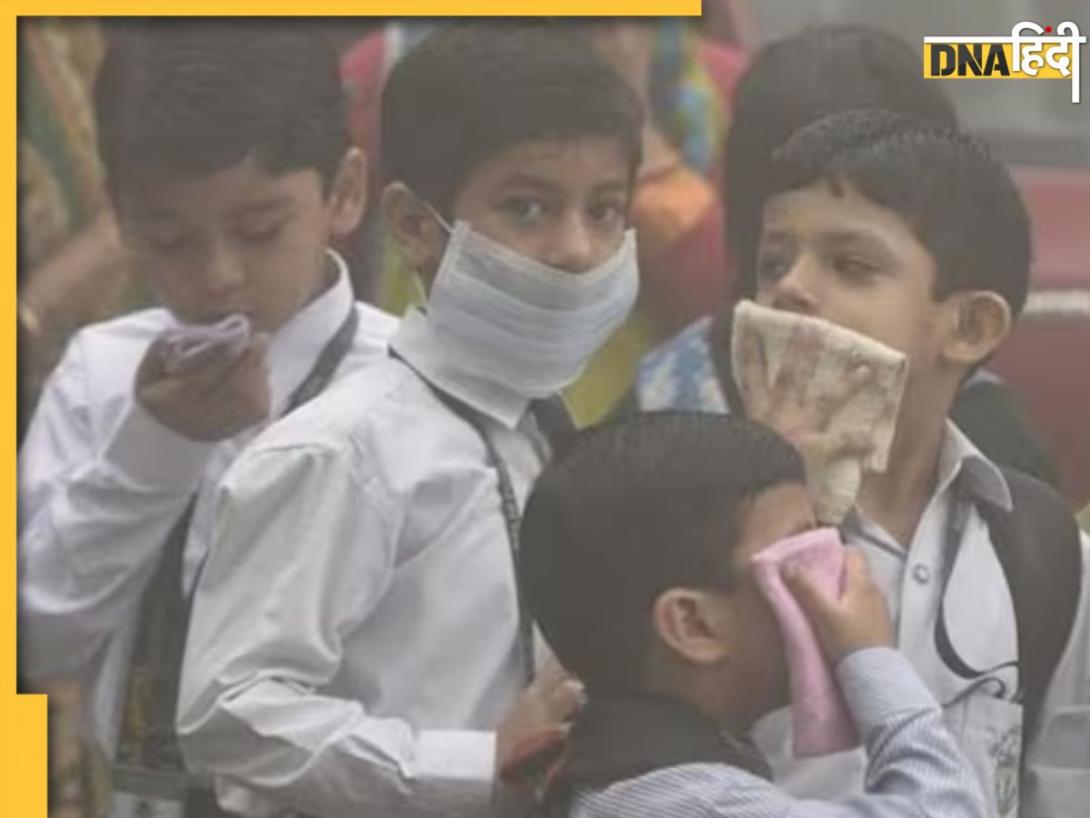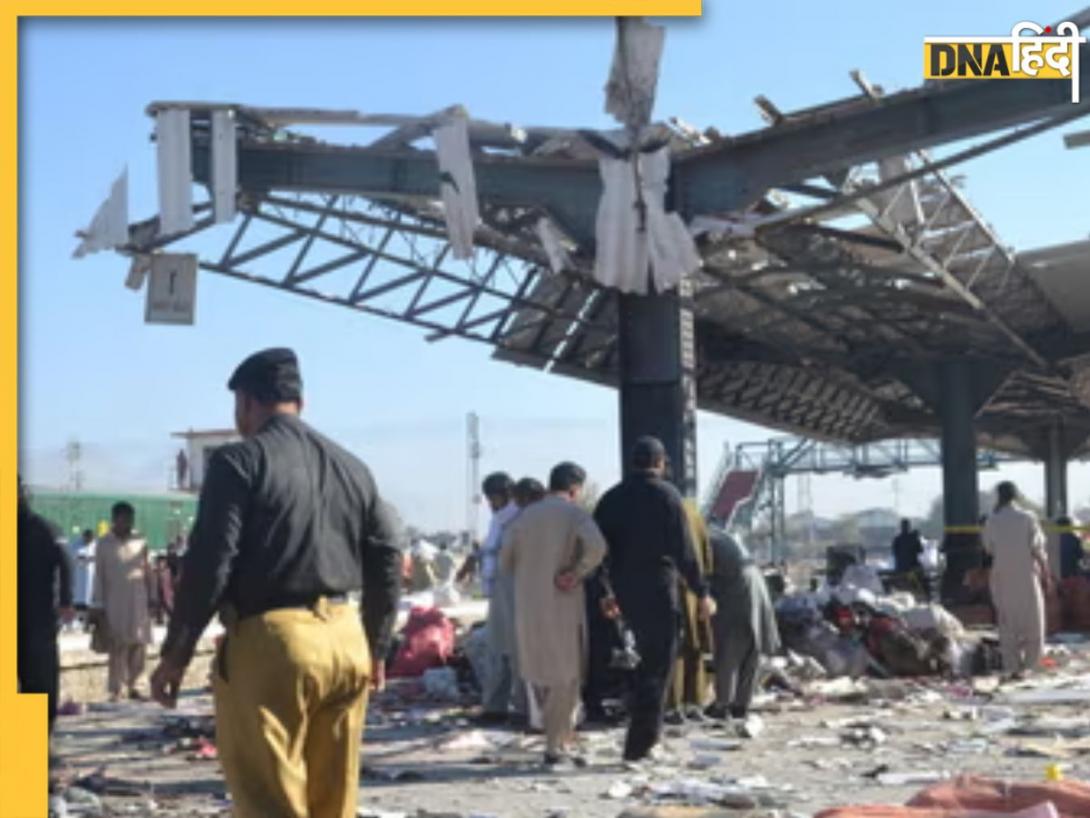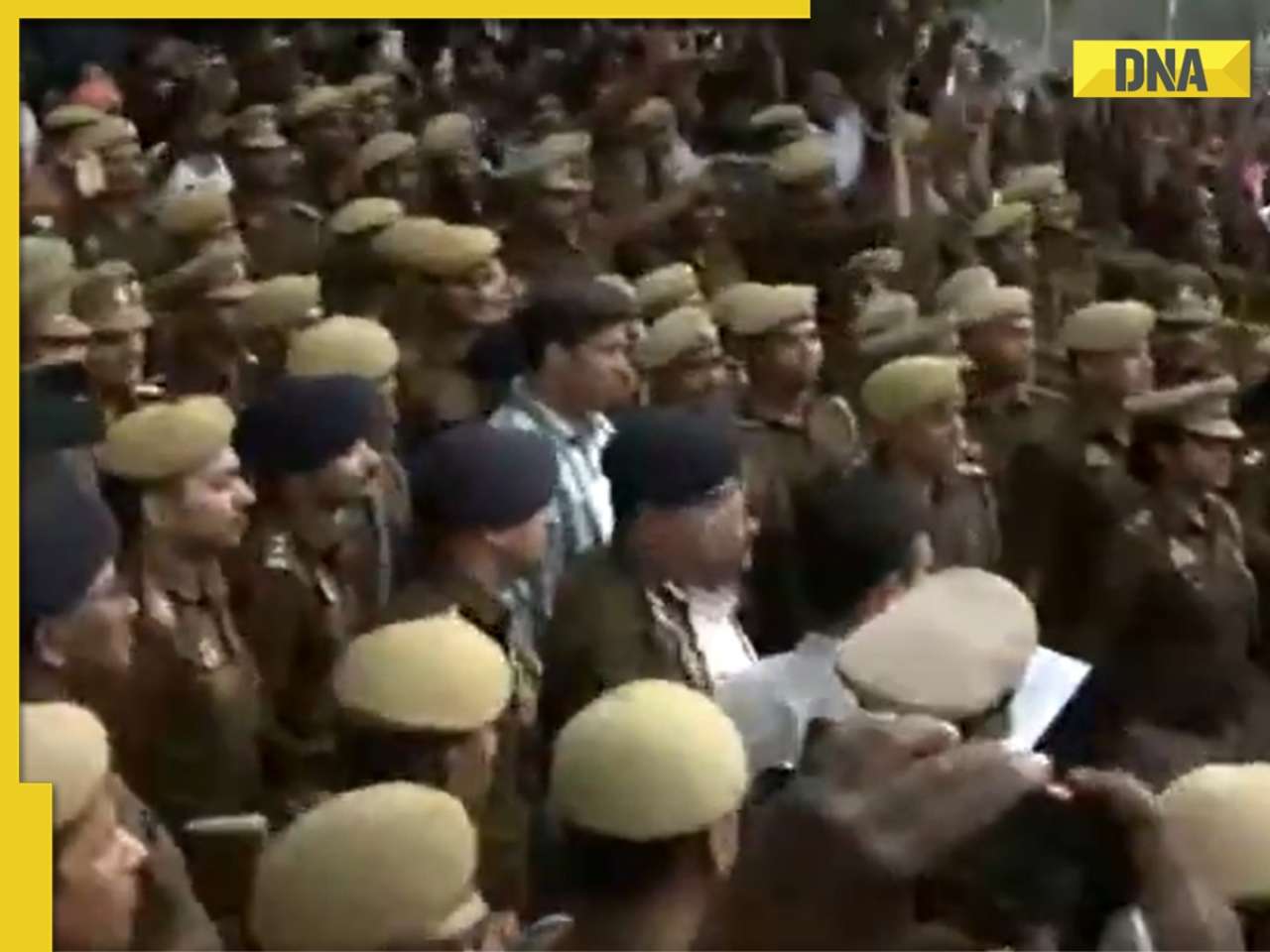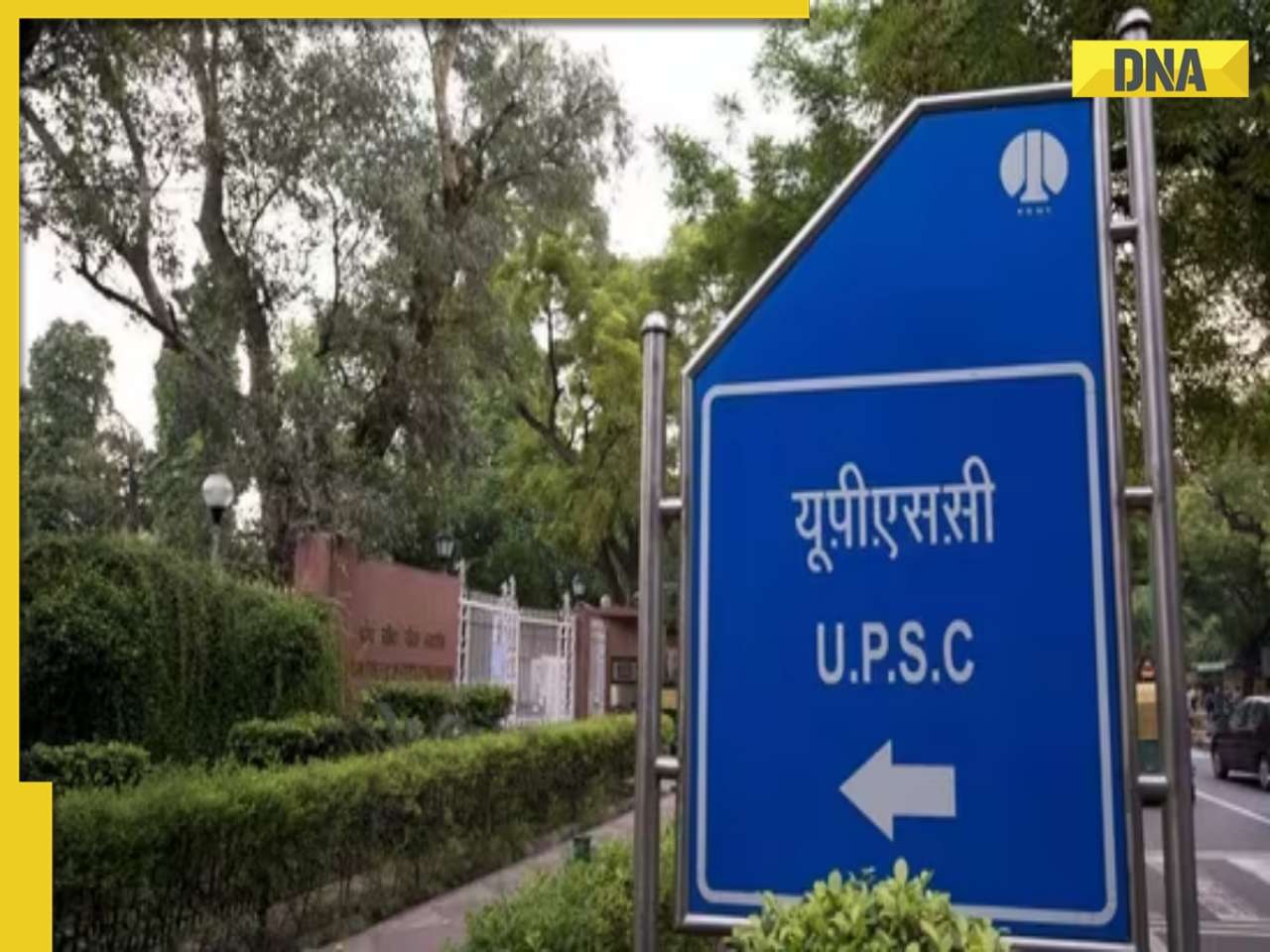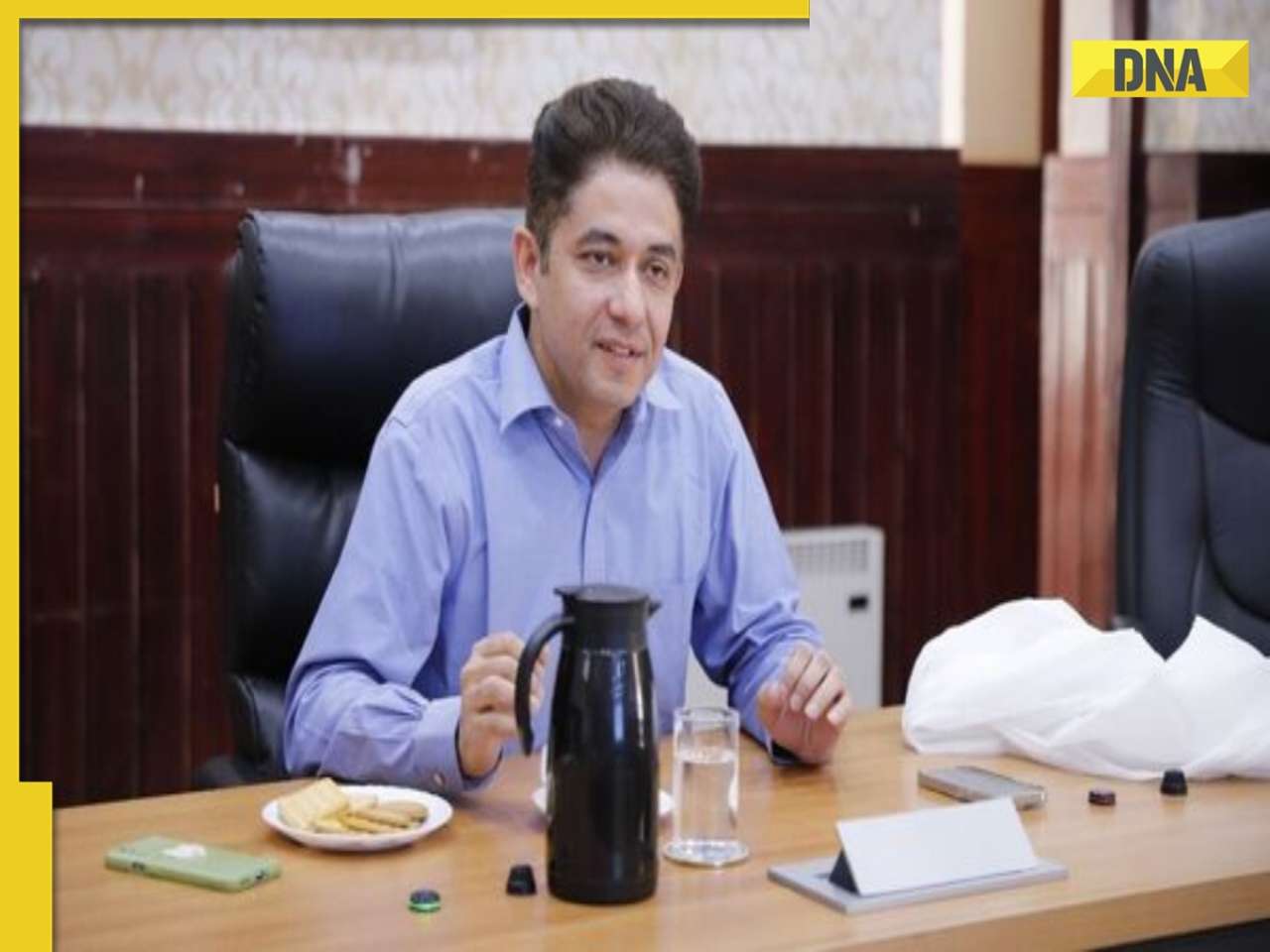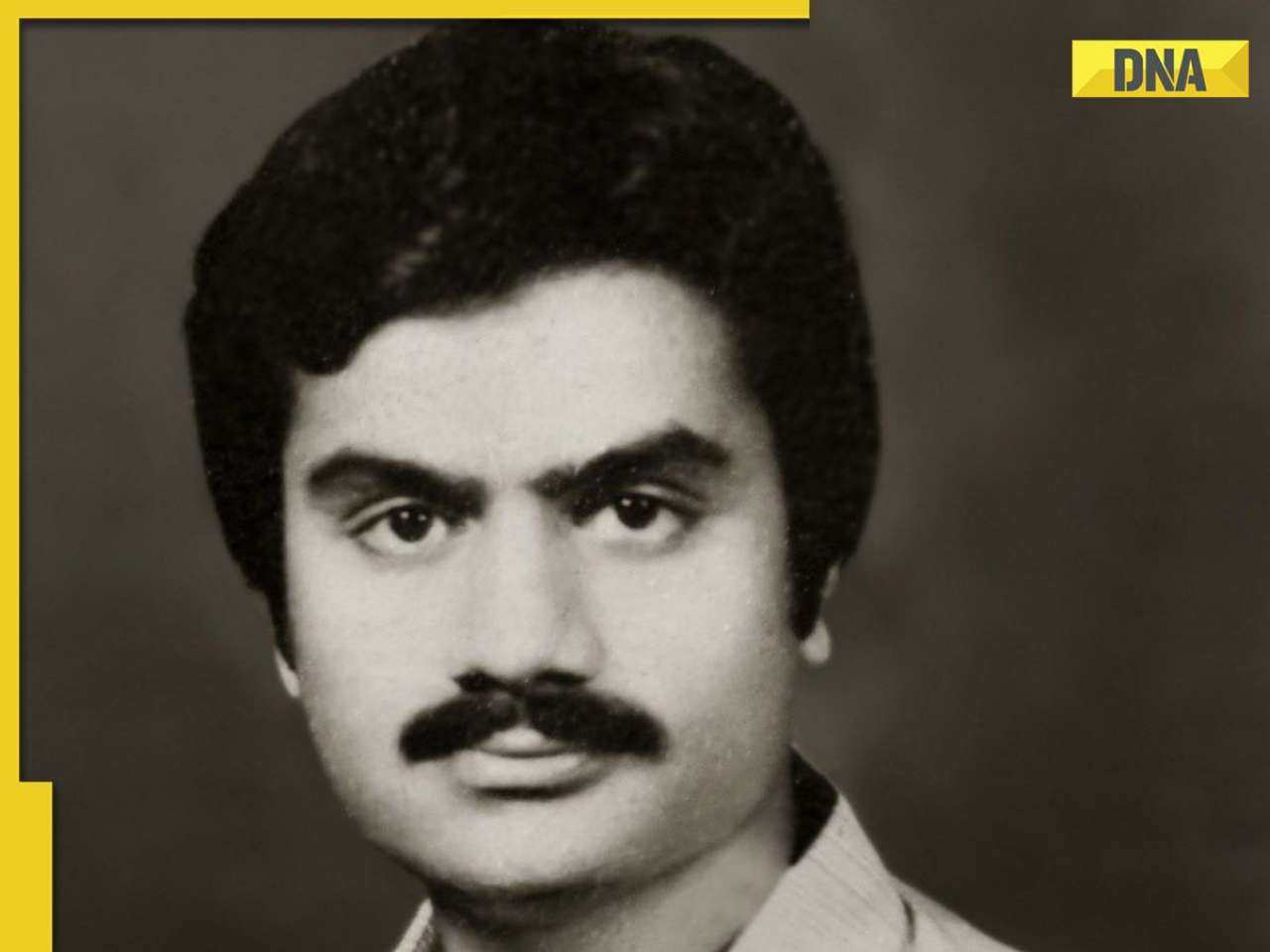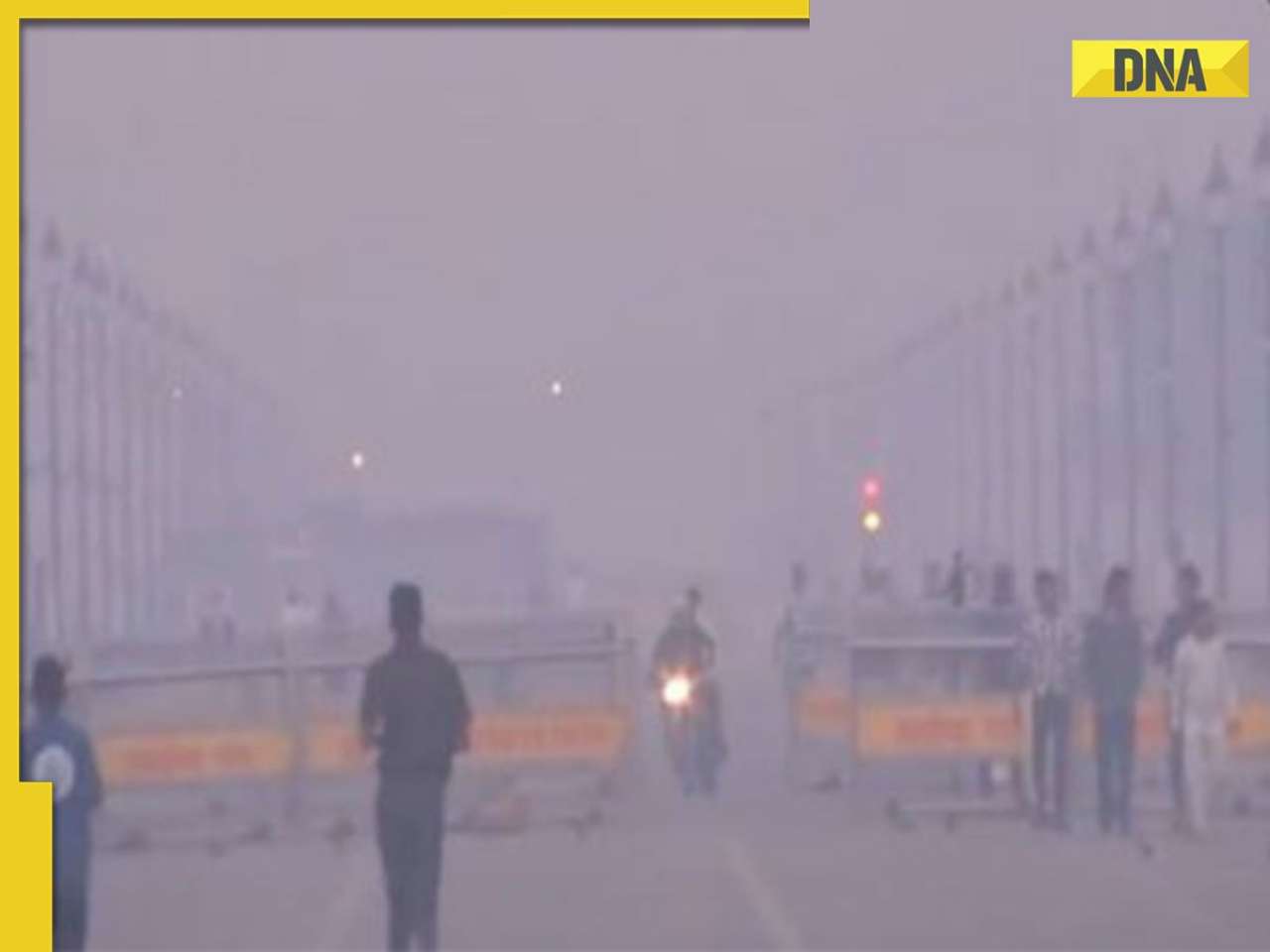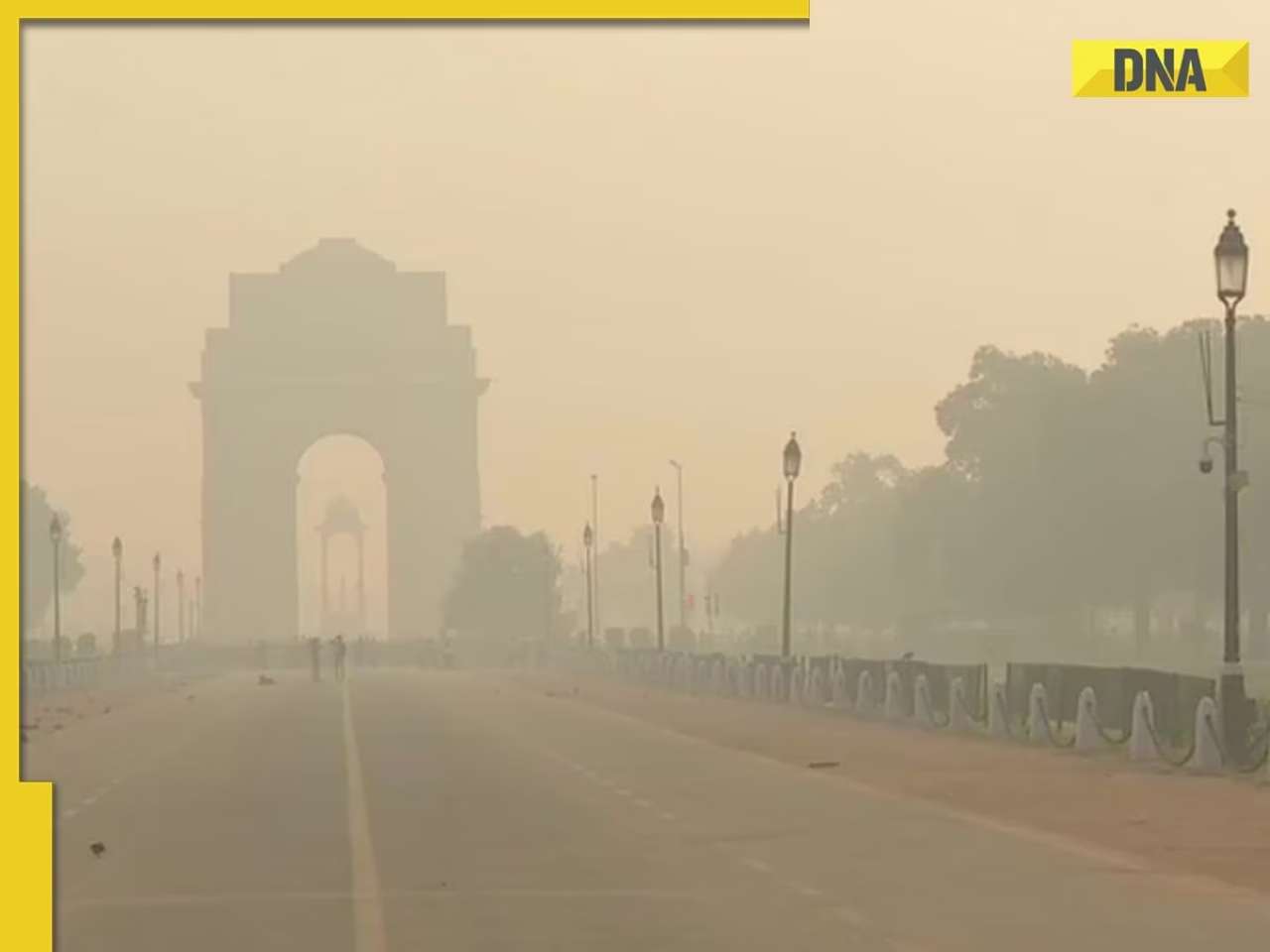- LATEST
- WEBSTORY
- TRENDING
ANALYSIS
Diplomatic Discord: Lebanon's Crisis and Iran's Strategic Posturing
While many countries and international organizations are urging restraint during Israel's expanded military actions, the U.S. continues to offer its support.
TRENDING NOW
The United States seemed out of sync with the rest of the world as it promised support for Israel's ground invasion of Lebanon. On Tuesday, October 1st, while many around the world called for a ceasefire and urged avoiding a full-scale war, Washington described Israel’s “limited” ground offensive into southern Lebanon as part of its "right to defend itself."
On late Monday night (or Tue early morning), Israeli troops moved into Lebanon in a much-expected action. The military stated that the operations were “limited, localized, and targeted” at Hezbollah. However, this advance increases the risk of a larger conflict with the Iran-backed Hezbollah or even across the region. Countries like the United Arab Emirates, Qatar, and Japan have quickly voiced their concerns.
U.S. Defense Secretary Lloyd Austin said he informed his Israeli counterpart, Yoav Gallant, that Washington supports the need for a ground offensive to clear Hezbollah's weapons and other tools used for attacks near Lebanon’s southern border.
Austin stated, "I emphasized that the United States supports Israel's right to defend itself." On Tuesday, the White House National Security Council made a similar statement, supporting Israel's "limited operations." It also stated that it opposes expanding the ground assault, emphasizing that a diplomatic solution is the only way to ensure long-term stability along Israel's border with Lebanon, according to the reports from WSJ.
Highly Threatening
Lebanon’s caretaker Prime Minister, Najib Mikati, warned that the country is going through "one of the most dangerous times in its history" and called on the United Nations to help the one million people displaced by Israel’s recent attacks.
Mikati urged for more aid to strengthen efforts in providing basic support to displaced civilians during a meeting with UN representatives.
Imran Riza, the UN's humanitarian coordinator for Lebanon, announced a $426 million "flash appeal" for urgent humanitarian aid to help civilians affected by the conflict.
Riza warned that without enough resources, aid workers might not be able to provide the urgent support needed for the entire population of the country.
He also mentioned that no level of assistance can truly resolve the crisis if civilians keep being attacked.
Liz Throssell, the UN rights office spokeswoman, cautioned that a "large-scale ground invasion" would lead to "even more suffering," as reported by WSJ.
Protection of National Borders
The latest stage of Israel's operation quickly raised concerns across the Middle East.
The United Nations peacekeeping force in Lebanon criticized the attack, stating that it breaches Lebanon's "sovereignty and territorial integrity."
The UAE’s Ministry of Foreign Affairs voiced "deep concern" about the intensifying conflict and "reaffirmed its firm stance on supporting Lebanon's unity, sovereignty, and territorial integrity."
The statement urged for global support to stop the conflict from worsening and emphasized the need to ensure full protection for civilians.
The ministry stated that President Sheikh Mohamed bin Zayed Al Nahyan of the UAE has ordered an immediate $100 million relief package to be sent to the people of Lebanon.
Qatar’s Minister of State for Foreign Affairs, Mohammed bin Abdulaziz al-Khulaifi, warned on X that “any aggression against Lebanon will cause severe consequences.”
He stated, "Now, more than ever, Lebanon needs our strong support to protect its security and integrity. Supporting our brothers and sisters in Lebanon is not only a moral obligation but an absolute necessity."
Urgent Call for Ceasefire
In other parts of the world, there was a united call to stop the fighting and a warning about the risks of a wider regional conflict.
The Japanese government called for an immediate ceasefire and urged all sides to show restraint to stop the conflict from escalating further.
Russia cautioned that "the fighting is spreading to more areas," which is worsening the situation and raising tensions in the region.
Spain’s foreign minister asked Israel to stop its ground raids to prevent the conflict from spreading throughout the region.
Italy, which currently leads the Group of Seven (G7) wealthy nations, stated that it will keep working towards reducing tensions.
NATO's new chief, Mark Rutte, said he is "closely monitoring the situation in Lebanon" and hopes that "the fighting will stop soon."
UK Foreign Minister David Lammy warned that the cost of a regional war would be enormous. He also mentioned that London is in talks with Iranian officials to urge restraint but did not mention any similar discussions with Israel.
Northern Arrows
Israel began its ground offensive, called Northern Arrows, on Monday night, marking its first invasion of Lebanon since the 2006 war. This followed over a week of heavy air strikes on Beirut and southern Lebanon.
Those attacks resulted in the deaths of hundreds of people, including top Hezbollah leaders and the group's leader, Hassan Nasrallah.
The Israeli army says its ground invasion is intended to force Hezbollah to move north of the Litani River, around 30 kilometers (18 miles) from the Israeli-Lebanese border, to ensure the group follows UNSC Resolution 1701.
UNSC Resolution 1701 is a United Nations resolution aimed at ending the 2006 Israel-Lebanon conflict, calling for a ceasefire, withdrawal of Israeli forces, and disarmament of Hezbollah in southern Lebanon.
On Tuesday, UNIFIL, the UN peacekeeping force, warned that "any entry into Lebanon violates the country's sovereignty and territorial integrity, and goes against Resolution 1701."
Iran Readies Imminent Missile Strike on Israel, According to White House Official
A White House official said on Tuesday that Iran is getting ready to launch a ballistic missile attack against Israel. The United States is "actively supporting" Israel's "defensive preparations," the official stated, speaking anonymously due to the sensitive nature of the situation, according to the Washington Post.
"A direct military attack from Iran on Israel would have serious consequences for Iran," officials warned. This statement followed Rear Adm. Daniel Hagari, an Israeli military spokesman, who said during a briefing on Tuesday that Israeli troops had entered southern Lebanon to dismantle Hezbollah's infrastructure. An Israeli security official, speaking anonymously due to the briefing's rules, said that the troops are conducting "limited and localized targeted raids" close to the border.
(The author of this article is an Aerospace & Defence Analyst based in Bengaluru. He is also Director of ADD Engineering Components, India, Pvt. Ltd, a subsidiary of ADD Engineering GmbH, Germany)
(Disclaimer: The views expressed above are the author's own and do not reflect those of DNA)







)
)
)
)
)
)
)
)
)
)
)
)
)
)
)
)











